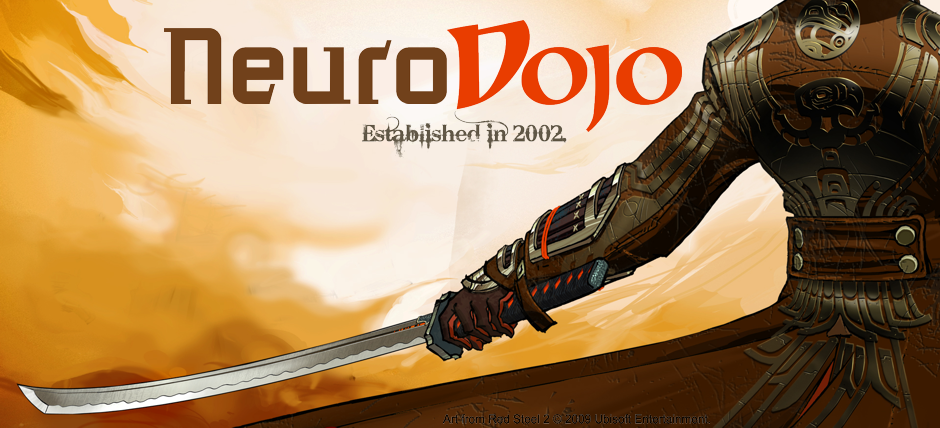Souzana Herculano-Houzel has proposed a simple hypothesis: the reason humans are as smart as we are is because we have more neurons than other animals.
What is it that we have that no other animal has? My answer is that we have the largest number of neurons in the cerebral cortex, and I think that’s the simplest explanation for our remarkable cognitive abilities.
“But we don’t have the biggest brains! Big animals have bigger brains! How can we have more neurons than they do?”
Herculano-Houzel has been investigating the scaling relationships between brain size and neuron number. The way brains get big differ in different groups of mammals (Herculano-Houzel 2009). In rodents, larger brains tend to have larger neurons. Primates follow different rules: larger brains tend to have neurons of about the same size.
This means that if you started with a rodent brain and a primate brain of the same size, and increased their volume by the same amount, the primate brain would get disproportionately more neurons.
This means that you can’t easily predict the brain size from one group of mammals using data from another group of mammals.
Herculano-Houzel and colleague recently published a pair of papers to test the “more neurons, more behavioural complexity” hypothesis using the elephant. First, Neves and colleagues (2014) examine the number of neurons in afrotherian mammals. The number of neurons in their brains scale with more like rodents than primates.
Although elephants are afrotherians, the analysis of their neuronal numbers comes in a separate paper (Herculano-Houzel et al., 2014). The total number of neurons in an African elephant’s brain is estimated to be three times greater than in humans (257 billion neurons compared to 86 billion)... but a huge proportion of those are in the cerebellum. And by huge, I’m talking about 97%.
The elephant’s cerebellum seems to be an outlier among mammals in several ways, but I’m not sure why. I’m not sure Herculano-Houzel or her colleagues know why, either. The “quick and dirty” function of the cerebellum in mammals is usually described as motor control, and maybe the distinctive trunk of elephants is playing an important role here.
How about the cortex, the centerpiece of Herculano-Houzel’s behavioural complexity hypothesis? An elephant’s cortex has about 5.6 billion neurons, compared to a human, which is estimated at around 16 billion.
This certainly seems consistent with her hypothesis, although I’m always a little wary of ascribing too much weight to the importance of the cortex. Karl Lashley spent a lot of time looking for the seat of memory in the cortex because people thought it must be important, and in so doing, overlooked the hippocampus in the formation of memory.
It would not surprise me in the slightest if Herculano-Houzel has whale brains in her lab awaiting analysis. Whales are the next obvious group to use these techniques with.
References
Herculano-Houzel S. 2009. The human brain in numbers: a linearly scaled-up primate brain. Frontiers in Human Neuroscience 3: 31. http://dx.doi.org/10.3389/neuro.09.031.2009
Neves K, Meireles Ferreira F, Tovar-Moll F, Gravett N, Bennett NC, Kaswera C, Gilissen E, Manger P, Herculano-Houzel S. 2014. Cellular scaling rules for the brain of afrotherians. Frontiers in Neuroanatomy 8: 5. http://dx.doi.org/10.3389/fnana.2014.00005
Herculano-Houzel S, Avelino K, Neves K, Porfirio J, Messeder D, Mattos Feijó L, Maldonado J, Manger P. 2014. The elephant brain in numbers. Frontiers in Neuroanatomy 8: 46. http://dx.doi.org/10.3389/fnana.2014.00046
Photo by Neil Hall on Flickr; used under a Creative Commons license.


No comments:
Post a Comment